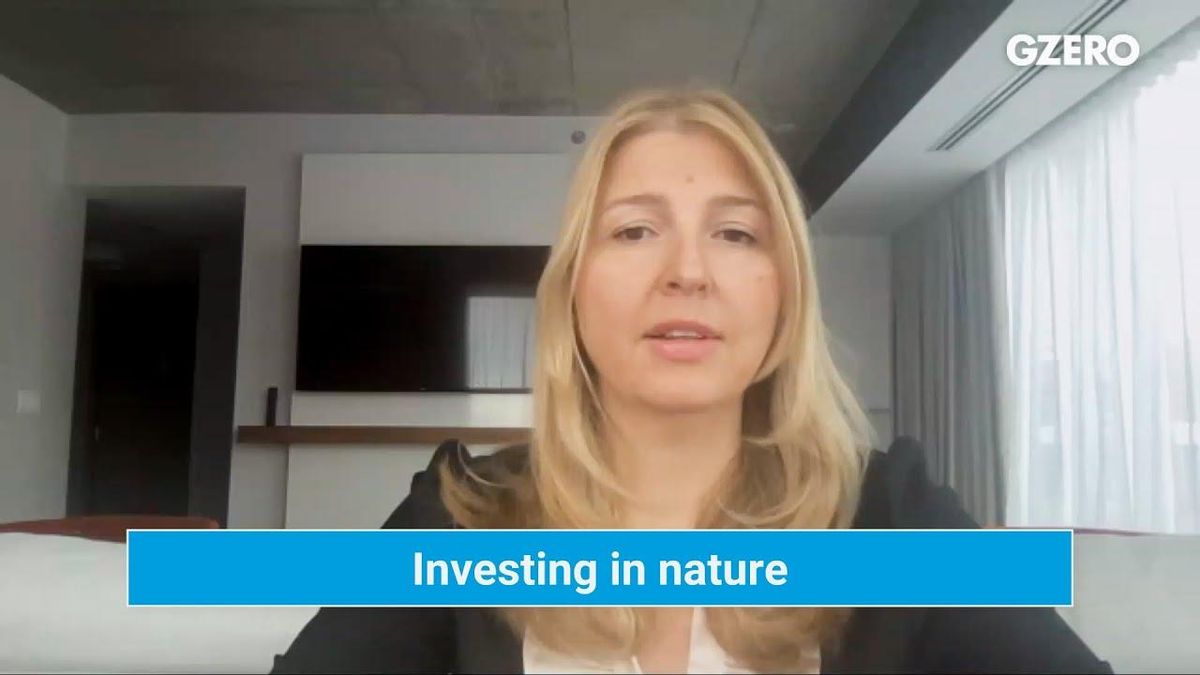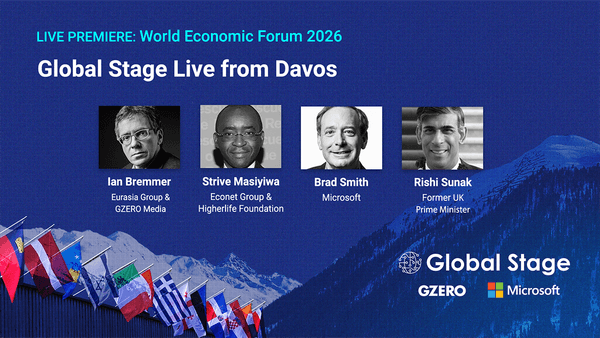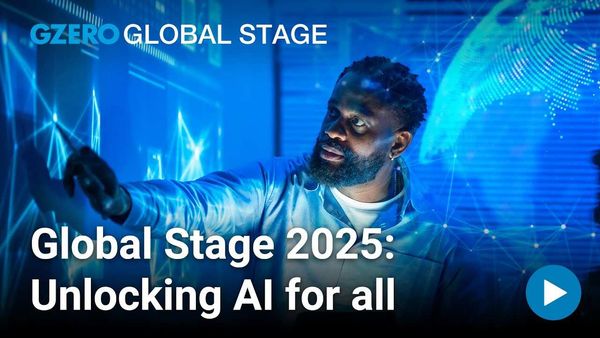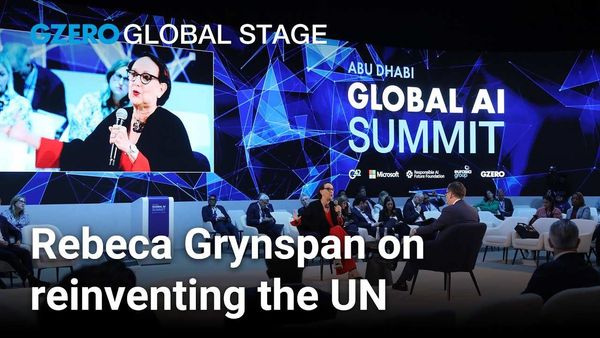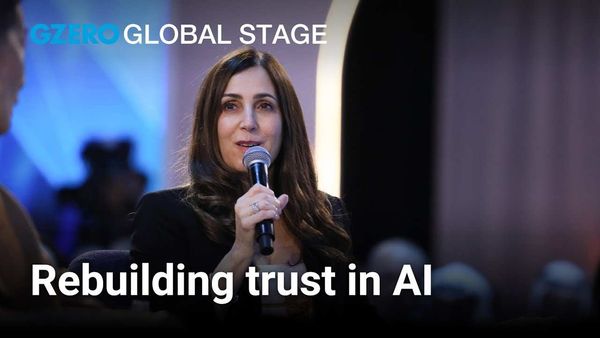For years, investors have been largely absent from nature financing. But now you have opportunities across all asset classes.
"If we don't start mobilizing private capital, we're going to have an issue" with biodiversity, Ingrid Kukuljan, head of Impact & Sustainable Investing at Federated Hermes, says during "Time for nature: Turning biodiversity risk into opportunity," a livestream conversation hosted by GZERO in partnership with Suntory.
So, where are the opportunities?
First, Kukuljan explains, public markets, where "some of the biggest culprits to biodiversity loss are to be found." Second, engaging companies that don't normally take biodiversity into account for decision-making.


